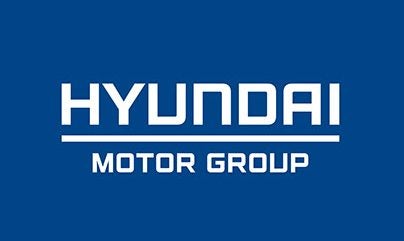
South Korean automaker Hyundai Motor Group (HMG) has announced it plans to invest KRW 125.2 trillion (US$85bn) in South Korea by the end of 2030, with the aim of strengthening the company’s ability to respond to rapidly changing global markets, and targeting new business segments to position it for long-term growth. HMG pointed out that this latest domestic investment plan is its largest yet – 40% higher than the KRW 89 trillion committed for the 2021-2025 period.
HMG confirmed that the investment is aimed at “strengthening South Korea’s status as a global mobility innovation hub, as well as stimulating broader economic growth by advancing the AI/robotics industry and progressing the green energy ecosystem.” Specifically, HMG’s five-year investment plan will be allocated as follows:

Discover B2B Marketing That Performs
Combine business intelligence and editorial excellence to reach engaged professionals across 36 leading media platforms.
- KRW 50.5 trillion has been allocated across the AI, Software Defined Vehicles (SDVs), electrification, robotics, and hydrogen segments. This includes the establishment of an AI data centre and an AI application centre; strengthening physical AI capabilities in areas such as autonomous driving and robotics; building robotics manufacturing and foundry facilities; accelerating the entry of automotive parts suppliers into the robotics components sector; and establishing manufacturing facilities for proton exchange membrane (PEM) electrolyzers and related components, positioning them as a global export business.
- KRW 38.5 trillion has been allocated to research and development (R&D) for new products and core technologies.
- KRW 36.2 trillion will be invested to optimize production facilities to improve the company’s responsiveness to evolving global demand, and construct the Group’s Global Business Center (GBC) innovation hub.
In particular, the company plans to establish the ‘Hyundai Motor Group Physical AI Application Center’, which will aim to play a central role in advancing the physical AI ecosystem. This center will aims to verify the completeness and safety of robots trained on large-scale behavioral data through AI and is expected to serve as an innovation testbed to ensure reliability before deployment in real-world industrial settings.
Hyundai Motor is currently building a new dedicated battery electric vehicle (BEV) plant in Ulsan, which is scheduled to be completed in 2026, while a new hydrogen fuel cell production facility is scheduled to begin operations in 2027. Kia has just completed a new dedicated BEV plant for PBVs in Hwaseong, with a second facility to be completed in the next two years.
The group also plans to build a facility with an annual production capacity of 1GW of PEM electrolyzers, used in the production of green hydrogen.






